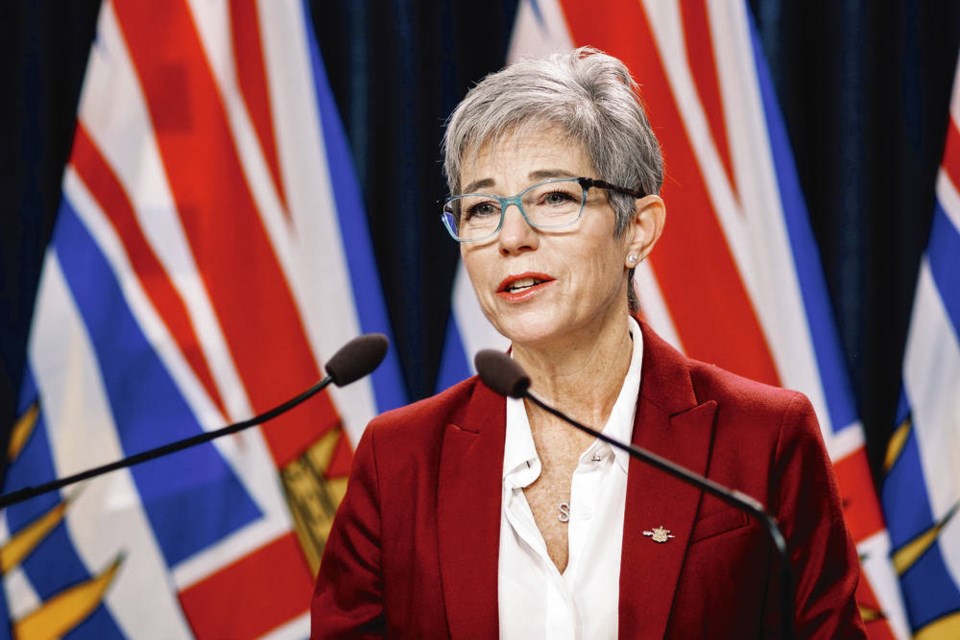So the province’s finance minister, Selina Robinson, is delaying the introduction of next year’s budget.
By long-standing tradition, federal and provincial budgets are tabled before the end of the fiscal year, March 31. Yet Robinson has granted herself permission to hold the budget back a month until April 30.
There’s a good reason for the tradition she is brushing aside. In parliamentary governments, the legislature must be consulted before public funds are spent.
The principle is called advise and consent. The government advises what it plans, and parliament consents.
Here, Robinson is ploughing ahead with the expenditure of funds in complete disregard of this principle.
And we’re not talking peanuts. It’s a safe bet she’ll spend at least $5 billion without permission during next April, that being one‑twelfth of last year’s budget, and quite possibly more.
The minister’s explanation is that her staff simply can’t produce the needed documents in time. COVID-19 has disrupted their work.
If we’re talking the full set of plans, there is likely some truth in this. When a provincial budget is tabled, it comes complete with a budget speech, a 200-page document called the Provincial Estimates which details expenditures in every ministry, and various other reports, economic forecasts and departmental service plans.
Now, it’s probable the Finance Ministry could indeed meet the usual deadline of March 31 if pushed. I spent 10 years working on budget preparation, both in B.C. and before that in Saskatchewan. I believe it could be done.
However, if the full set of documents cannot be completed on time, there is nothing to prevent the minister tabling a shortened version before fiscal year end that covers the main points.
Tell the House what your revenue and expenditure numbers look like, come clean about the deficit, and lay out your economic assumptions.
In short, present a mini-budget that meets the spirit of advise and consent, then follow up a month later with the complete package. That way you aren’t end-running the legislature — a dangerous precedent to set.
Keep in mind also that the Estimates are so named for a reason. They’re merely an estimate, not a contract.
So what’s going on here? My guess is that Robinson knows exactly what next year’s numbers look like, and they aren’t pretty.
In particular, the deficit will be enormous. By pushing the budget release date back a month, Robinson is minimizing the amount of flack she’ll take.
In past years, the House usually rises around the beginning of June, and doesn’t sit again until October.
If that precedent is followed here, the two Opposition parties will have only four weeks to scrutinize what looks like an ugly mess. That’s not nearly enough time to get at the facts.
In effect this has nothing to do with COVID-19, and everything to do with an orchestrated game of hide and seek, with Robinson doing the hiding.
B.C.’s Financial Administration Act states that failing to account for public money contravenes the law.
By every appearance, failing to account for public money is exactly what the minister is doing here.



